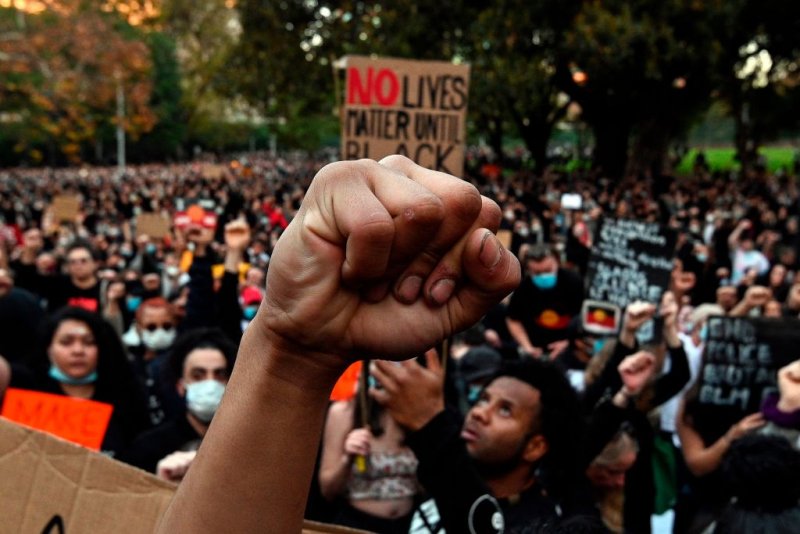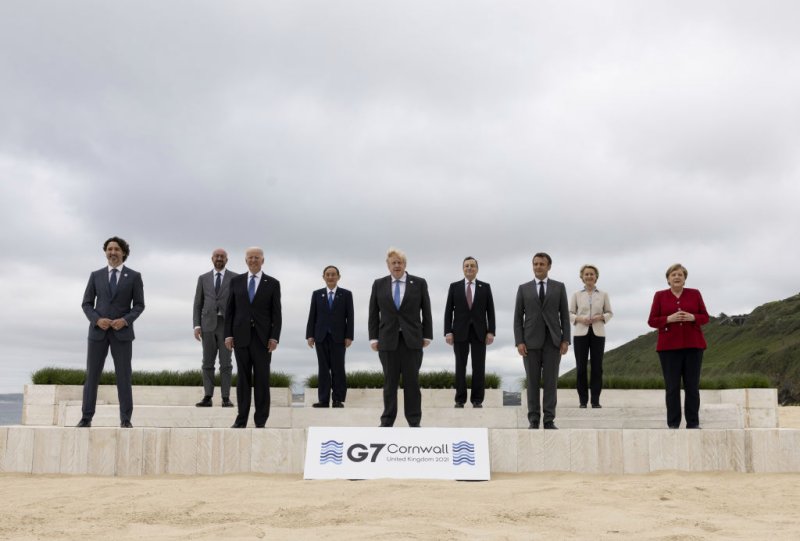Last month, U.S. President Joe Biden signed legislation to make Juneteenth a Federal holiday, marking the day in 1865 when Black people in the U.S. gained freedom from slavery. Emancipation did not stop the repression of Black people, nor will this new gesture change much.
The bill was passed against the backdrop of the murder of George Floyd and the actions of the Black Lives Matter (BLM) movement, which brought this history of injustice to global attention. Yet the past year has seen a surge in the activities of white supremacist groups across the West, resulting in U.N. Secretary General Antonio Gutteres describing white supremacy as one of the biggest challenges facing the world.
TDespite this global awakening to the problem, it is still unclear if Western nations have understood that the core driver of racial injustice—in their midst and globally—is the need to retain white global economic power at all costs. There is growing awareness that social structures have helped grow racist mindsets and behaviors among white communities, allowing them to benefit from a construct that places whites at the top of an economic, political and cultural pecking order. But dismantling these will not be easy, as they are the very same structures on which the modern world is built.
The difficulty arises because race generally does not feature in mainstream discussions of global governance. Yet, it would be naïve to not understand that the racist views of Western leaders have factored into major decisions, including acts of aggression on others seen as inferior. Former U.S. Secretary of State Madeleine Albright once said “We think the price is worth it” after being asked if the death of half a million Iraqi children as a result of sanctions was acceptable.
Given the intensity of the race discussion in the U.S., it is surprising that critical race theory (which describes how social structures and cultural norms help perpetuate white privilege) is not applied at a global level. Why is this the case? One possibility is that the usual analytical foci—like laws and institutions—are less defined globally. Many of these structures are also dominated by Western powers. Race is rarely mentioned, for example, in providing explanations as to why, even in the 21st century, leaders of the World Bank or the International Monetary Fund must be nominated by the U.S. and Europe—an imbalance that has led to calls for a democratic reform of voting powers within both bodies.
There is poor understanding of how white privilege operates outside the U.S. and Europe. In fact, there is a danger in placing American race-based oppression at the center of global discussions on white supremacy. Let’s be explicit: racial oppression in the U.S. is the tip of the iceberg of a much deeper and more harmful global phenomenon of white privilege that has for too long been conveniently ignored. The application of critical race theory and other insights into structured discrimination would help unravel much about how white privilege operates on the world stage.
Race explains the current tensions between the West and the Islamic world, and the West and China. (In 2019, the U.S. State Department director of policy planning, Kiron Skinner, said that challenging “the long-term threat” of China is difficult because the country is “not Caucasian.”) It elevates, shapes, represses, subjugates and destroys to seek and preserve economic power. Yet there has been a real absence of an honest global examination of its role.



























